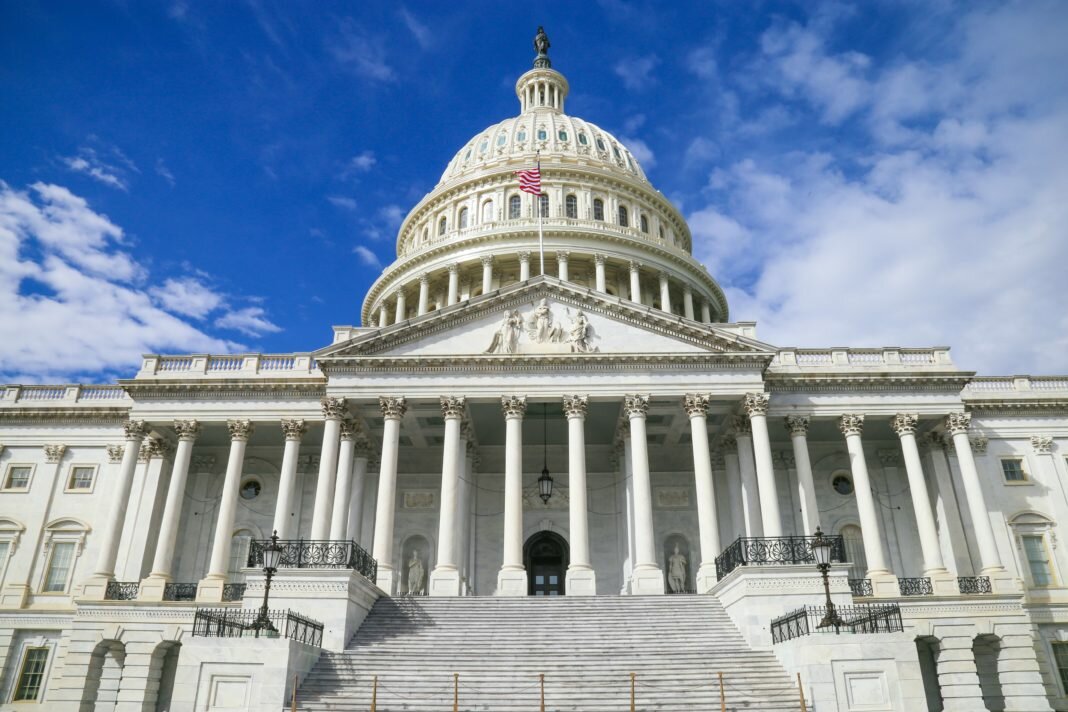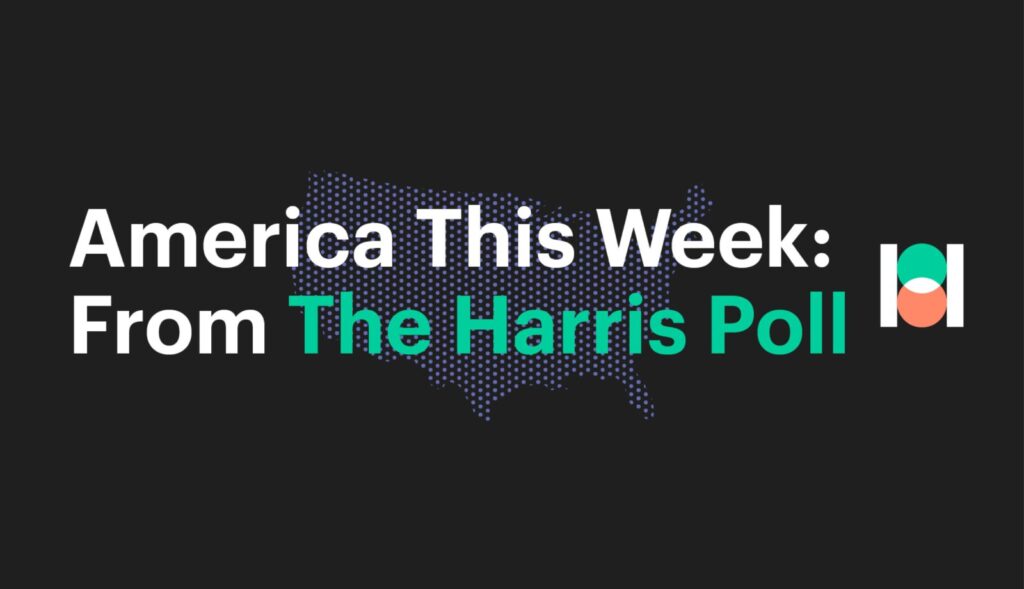Brief • 3 min Read

A recent survey by Yahoo Finance and the Harris Poll found that, with many Americans still struggling financially and professionally due to the coronavirus pandemic, most Americans support additional financial aid from the government — primarily in the form of a stimulus check.
Nearing the end of the year, 29% of Americans say their household is faring worse financially compared to before the COVID-19 pandemic, and Americans are split on how long it will take to recover. Of this group, nearly half (45%) say it will take one year or less for their finances to return to pre-pandemic levels. However, 36% of this group say it will take longer than one year.
Women are feeling the financial crunch more than men. Compared to just 25% of men, 32% of women say their household is doing worse financially than it was before the pandemic. Additionally, 40% of women say it will take more than a year for their household finances to return to pre-pandemic levels compared to only 31% of men.
More than half of those faring worse financially have experienced difficulty paying bills (53%), and a third have experienced difficulty finding a job (36%), difficulty paying rent or a mortgage (34%), and food insecurity (34%).
Wealthier households haven’t escaped a financial hit, too. Of households faring worse financially since the pandemic started but still bringing in over $100K annually, 36% report difficulty paying rent or a mortgage, 30% report difficulty finding a job, 19% report borrowing money to pay bills, and perhaps surprisingly, 23% reported experiencing food insecurity since the pandemic started.
Americans are also split on how long they think it will take the US economy and job market to recover from the pandemic. Forty-three percent say it will take less than one year for the economy and job market to return to pre-pandemic levels once a vaccine is widely available. Forty-four percent say it will take one year or longer.
Some Americans have even less hope. Thirteen percent don’t think the economy and job market will ever return to pre-pandemic levels.
A tough job market throughout 2020 may also play a role in creating such pessimism. Fifty-four percent of those who lost a job during the pandemic say they are still without a job. Additionally, 38% of those with at least one household member who lost a job during the pandemic say their household member is still without a job.
Although Congress has been in seemingly endless debate regarding pandemic assistance, Americans overwhelmingly support additional aid from the government. Seventy percent of Americans think another round of stimulus checks should be included in any new stimulus legislation passed by Congress. About the same amount (69%) expected Congress to pass another bill providing extra financial aid from the government between August and now.
When Americans were asked which stimulus measures were the three most important ones for Congress to pass, stimulus checks (66%), financial aid for small businesses (47%), expanding benefits to those not typically covered by unemployment insurance (38%), increasing money provided in weekly unemployment insurance benefits (38%), and foreclosure and eviction protection (38%) were chosen as the top three most often. Even when looking specifically at stimulus provisions that Americans deemed the most important (i.e., should be ranked first), Americans prioritized policies that focused more on benefits for the individual: stimulus checks (38%), financial aid for small businesses (15%), increasing money provided in weekly unemployment instance benefits (10%) were the top choices. In both cases, stimulus checks came out on top.
It’s unsurprising then that about half of Americans budgeted expecting more financial aid from the government this fall. Forty-nine percent of Americans say that between August and now, they budgeted in the hopes that they would receive extra financial aid from the government, such as a stimulus check or more unemployment insurance.
Methodology
This survey was conducted online within the United States by The Harris Poll on December 4-6, 2020, among 1,026 U.S. adults ages 18 and older. Additional surveying for ranking the most important stimulus measures was conducted again on December 8-10, 2020, among 2,027 U.S. adults ages 18 and older. This online survey is not based on a probability sample and therefore no estimate of theoretical sampling error can be calculated. Figures for age, sex, race/ethnicity, education, region and household income were weighted where necessary to bring them into line with their actual proportions in the population. Propensity score weighting was used to adjust for respondents’ propensity to be online. For more information on methodology, please contact Dami Rosanwo.
Subscribe for more Insights
Subscribe to our newsletter for the latest trends in business, politics, culture, and more.
Download the Data
Get the full data tabs for this survey conducted online within the United States by The Harris Poll on behalf of Yahoo Finance between December 4-6, 2020, among 1,026 U.S. adults ages 18 and older.
Download
Subscribe for more Insights
Subscribe to our newsletter for the latest trends in business, politics, culture, and more.
Download the Data
Get the full data tabs for this survey conducted online within the United States by The Harris Poll on behalf of Yahoo Finance between December 4-6, 2020, among 1,026 U.S. adults ages 18 and older.
DownloadRelated Content








